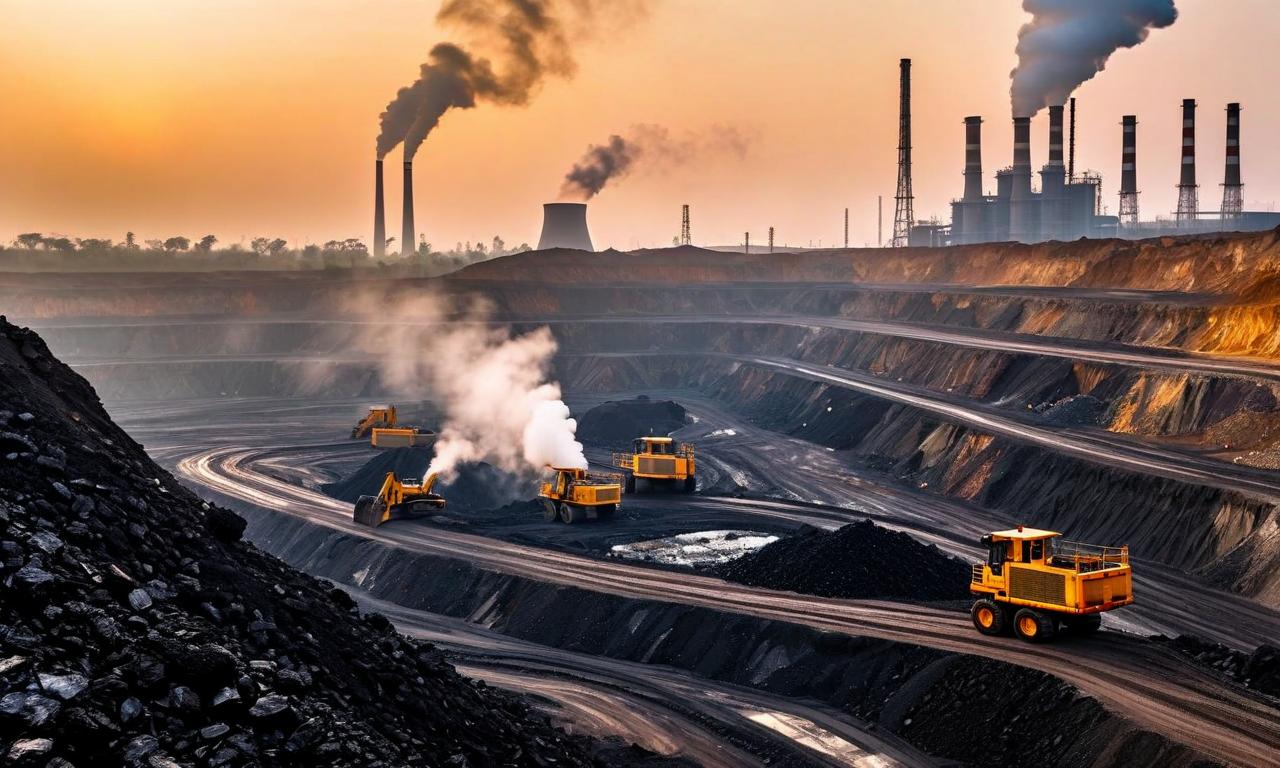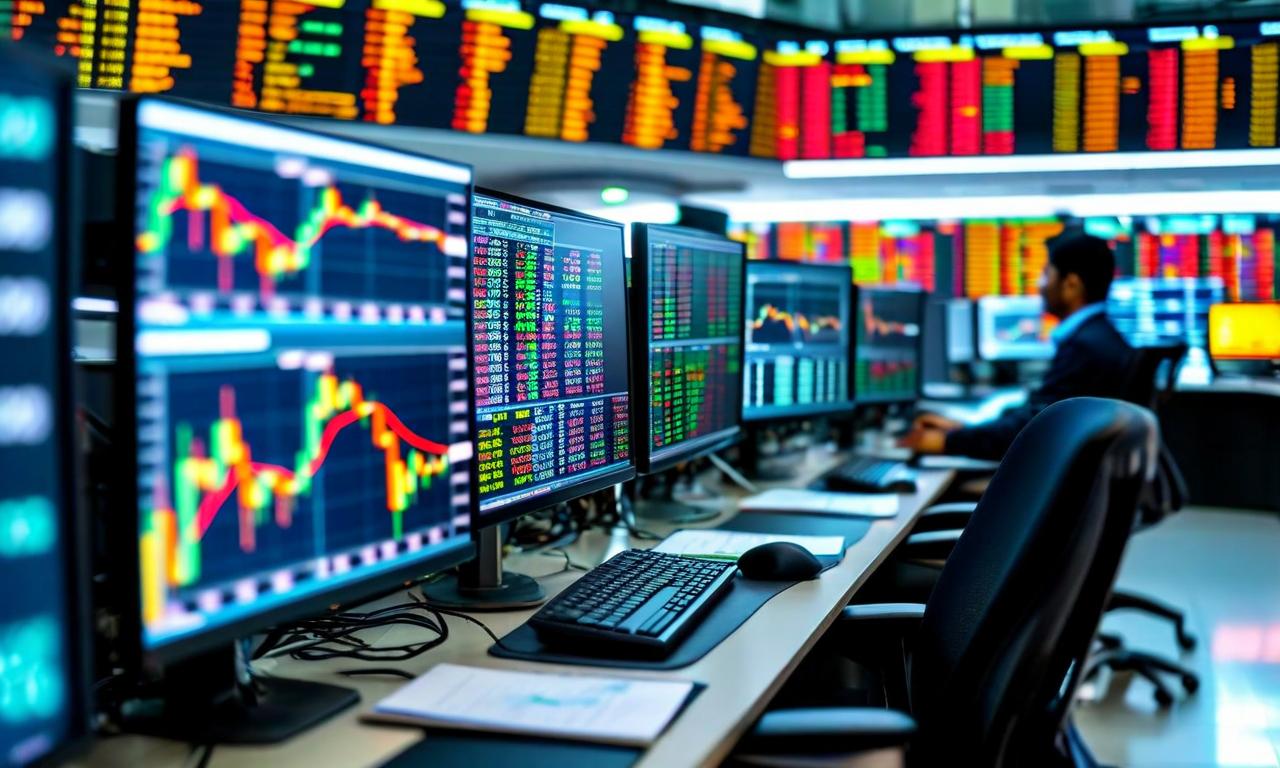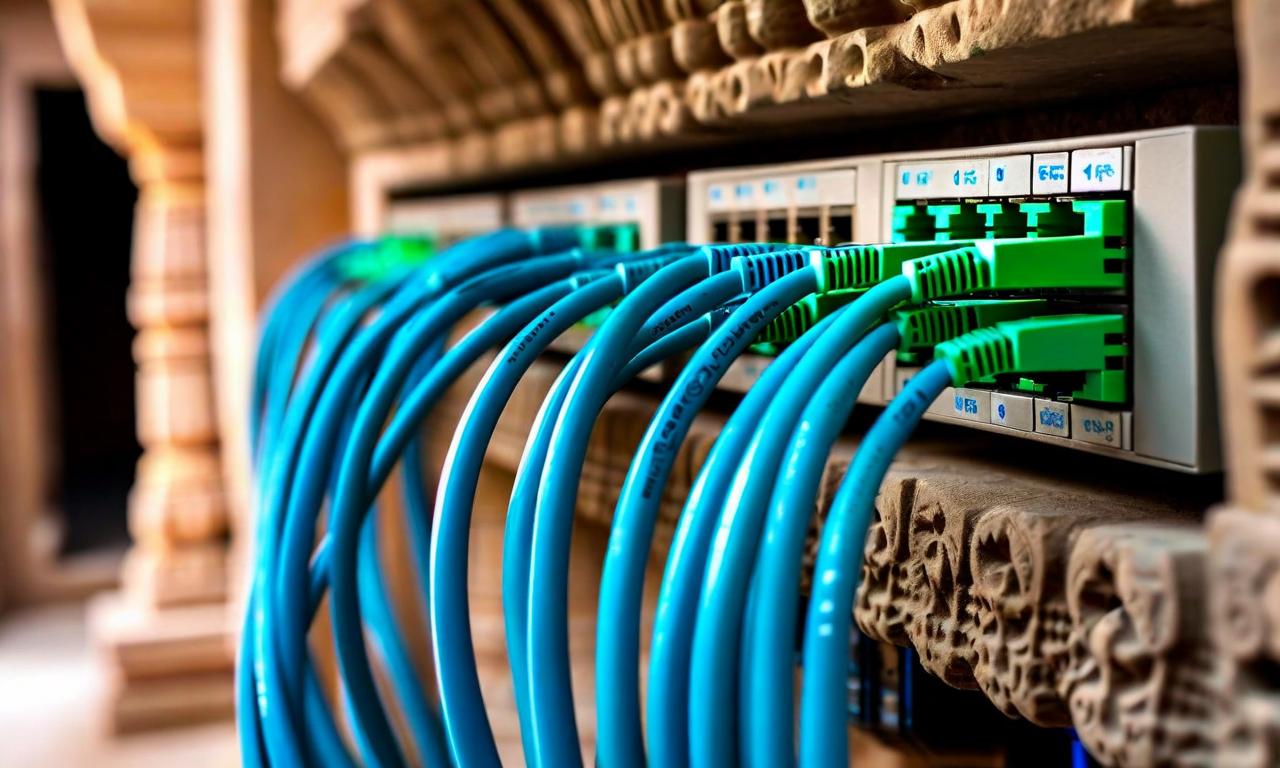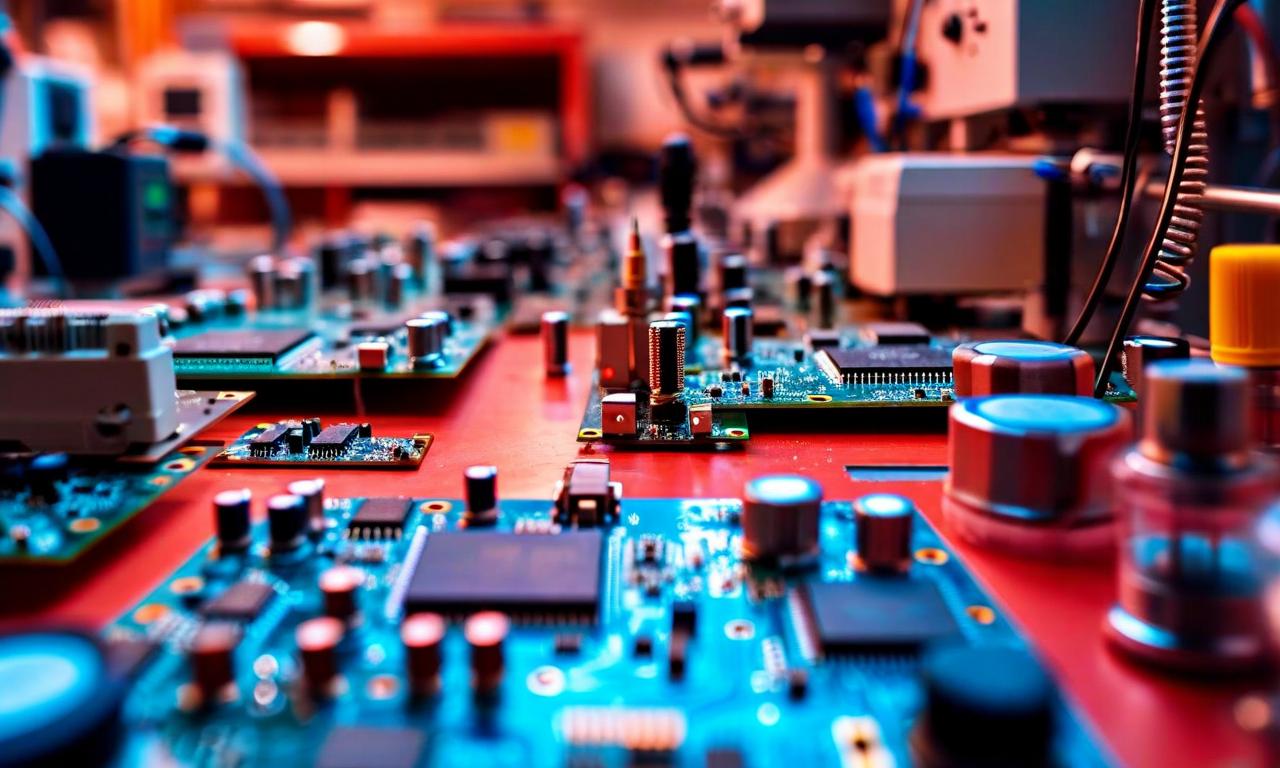China's Ambassador Urges 'Big Business, Big Investment' with India Amid Improving Relations
China's Ambassador to India, Xu Feihong, has urged for increased trade and investment between India and China, emphasizing 'big business, big investment and big commitment.' This comes amid improving India-China relations, following high-level meetings between leaders and delegations. Both countries face US tariffs, potentially driving closer cooperation. However, challenges remain, including market access issues, non-tariff barriers, trade imbalance, and ongoing border disputes. Indian officials, while optimistic, stress the need for concrete steps to advance trade relations and improve market access.
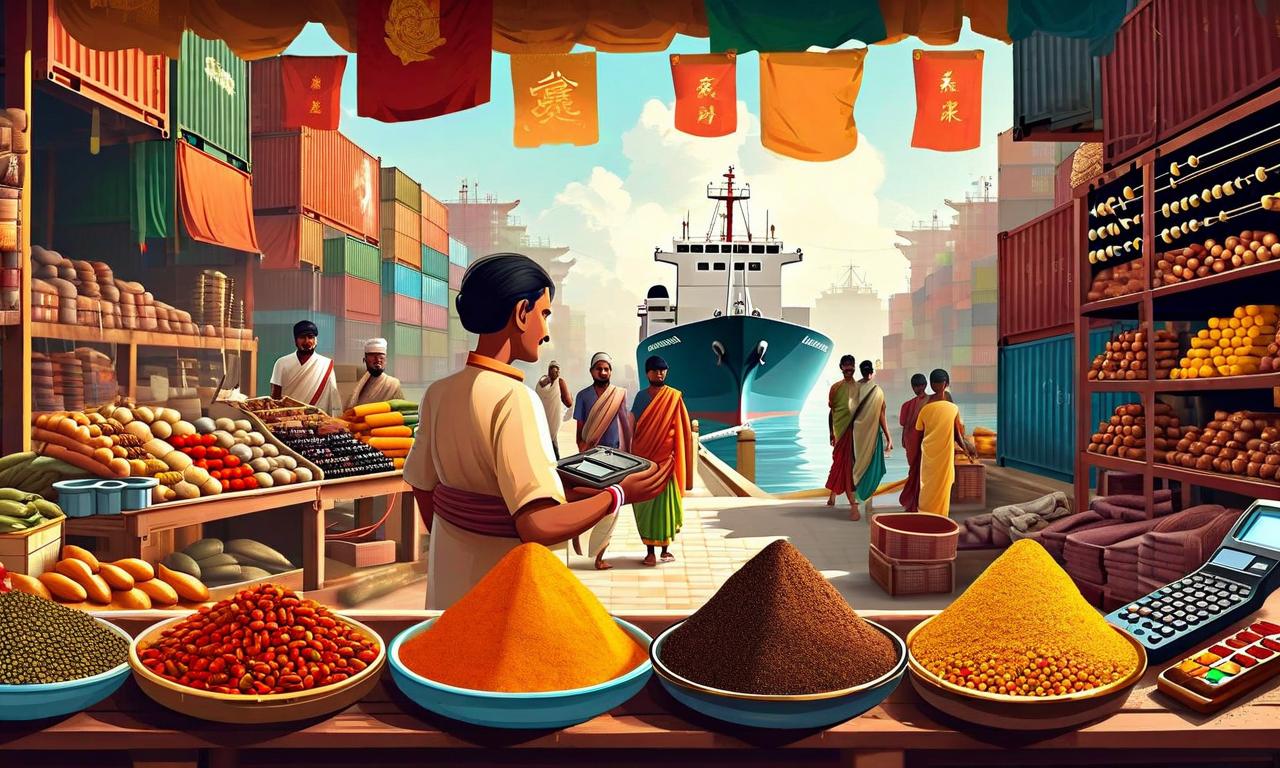
*this image is generated using AI for illustrative purposes only.
China's Ambassador to India, Xu Feihong, has called for a significant boost in trade and investment between the two Asian giants, emphasizing the need for 'big business, big investment and big commitment.' This diplomatic push comes at a time when India-China relations have shown signs of improvement.
Diplomatic Progress
The thawing of relations can be traced back to the meeting between Prime Minister Narendra Modi and President Xi Jinping in Kazan, Russia. Since then, both countries have engaged in high-level delegations to address long-standing border conflicts along the Line of Actual Control in Ladakh. Recent meetings at the Shanghai Cooperation Organisation in Tianjin, China, have further contributed to this diplomatic momentum.
Economic Context
The renewed focus on bilateral economic ties comes against the backdrop of both nations facing reciprocal tariffs from US President Donald Trump. This shared challenge appears to have created an impetus for closer cooperation between India and China.
Cautious Optimism
While Ambassador Xu's call for increased trade and investment signals a positive shift, Indian officials remain cautiously optimistic. Finance Minister Nirmala Sitharaman emphasized the need for concrete steps to advance trade relations and improve market access. She noted:
"Negotiations with China typically take considerable time to reach conclusions. We need substantive discussions on trade, market access, and non-tariff barriers."
Challenges Ahead
Despite the diplomatic overtures, several hurdles remain in the path of enhanced India-China economic relations:
- Market Access: India has long sought greater access to Chinese markets for its goods and services.
- Non-Tariff Barriers: Addressing non-tariff barriers that hinder trade flows between the two countries.
- Trade Imbalance: Efforts to reduce the significant trade deficit India has with China.
- Border Issues: Ongoing resolution of border disputes to create a stable environment for economic cooperation.
Looking Forward
As both India and China navigate their complex relationship, the coming months will be crucial in determining whether Ambassador Xu's call for 'big business and big investment' will translate into tangible economic cooperation. The success of these efforts will depend on the ability of both nations to address longstanding issues while capitalizing on new opportunities in a changing global economic landscape.
The diplomatic and economic developments between India and China will likely be watched closely by the international community, given the significant impact these two major economies have on global trade and geopolitics.
